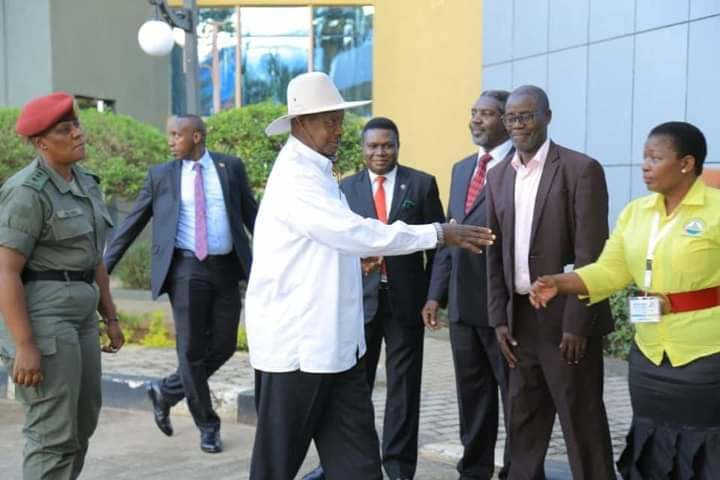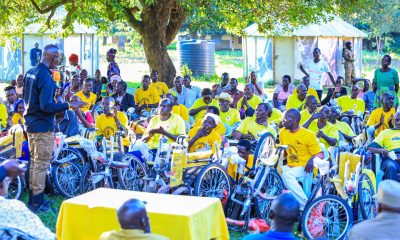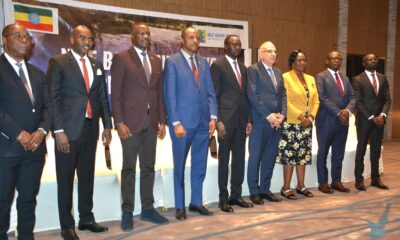Guest Writer
How discriminatory party funding undermines political pluralism

President Museveni has prioritized the informal IPOD that excludes other parties
Uganda currently has 26 registered Political parties but funding from state coffers is only given to those parties with representation in Parliament. Effectively, only seven political parties get some state funding i.e National Resistance Movement – NRM, the Democratic Party – DP, the Forum for Democratic Change – FDC, the National Unity Platform – NUP, Uganda People’s Congress – UPC, Justice Forum – Jeema and the People’s Progressive Party – PPP.
The remaining majority of political parties without Parliamentary representation perceive this as a deliberate conspiracy that was plotted through legislation in Parliament to further marginalize the young parties. Good laws should only be those that are fair to everybody.
All political parties and organisations have members across the country regardless albeit with varying numbers. And all the members of the political parties are tax-payers. It is disturbing that only a few of the parties are allowed to access funds and the rest are suffocated.
Political parties are a public good, having been legally registered by governemnt. These parties nurture national leaders; most of the good leaders have gone through them.
All parties whether in Parliament or not have some other common functions and responsibilities which require them to have public facilitation. For example all of them incur administrative costs; they foot bills for office rent, pay some technical staff, need office equipment, participate in streamlining alternative policy formulation and law reforms, mobilize the citizenry to participate and embrace government programmes such as educating the children, keeping law and order, mobilize for immunization, promote environmental conservation, food productivity and other such programmes. Therefore, the relevance of political parties is not only confined or limited to making of laws at national level. To the contrary, political parties do most of the work with the people.
The degree of marginalisation by government and the level of vulnerability of political parties are significantly responsible for scenarios like those which involve controversial takeover of parties by people like Robert Kyagulanyi. Even former V.P Gilbert Bukenya once tried to manipulate a a certain party. The former presidential candidate the late Major. General Benon Biraaro used the Farmers’ party of Uganda to claim candidacy in the 2016 presidential elections.
Affirmative action
The government of Uganda has been a strong advocate for the policy of affirmative action with the aim of empower the historically less privileged girl child, women and the elderly.
Public learning institutions are all funded irrespective of their student enrollment capacity, sharp disparities in academic performance and others. The fact is, we cannot all be equal.
Unless government stops discrimination and starts to spread the resources in a more fair manner, , such scenarios will further be inevitable in future
The principle would be that even political parties not yet in Parliament can be allocated some seed resources as a standard. There should be some minimum for them to start with.
If we are serious about democracy, good governance, the rule of law, justice and fairness, even political parties not in Parliament should access some minimum funding to create a leveled ground before, during, and after elections. Let the principle of affirmative action be maintained by government in this aspect.
Ssentongo Muzafulu
Member, National Consultative Forum,
Secretary, NCF Media Committee,
Secretary General, Green Partisan Party Tel: 0700606700.
Comments


























